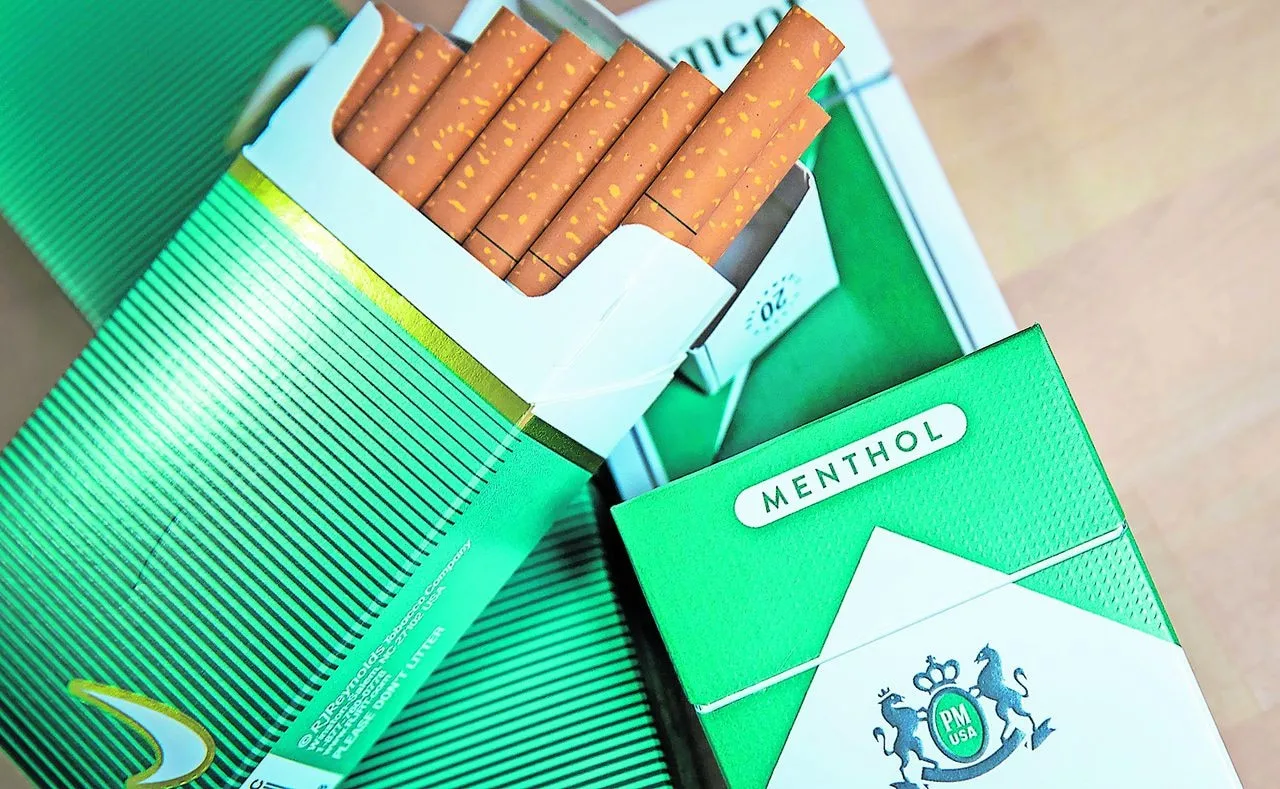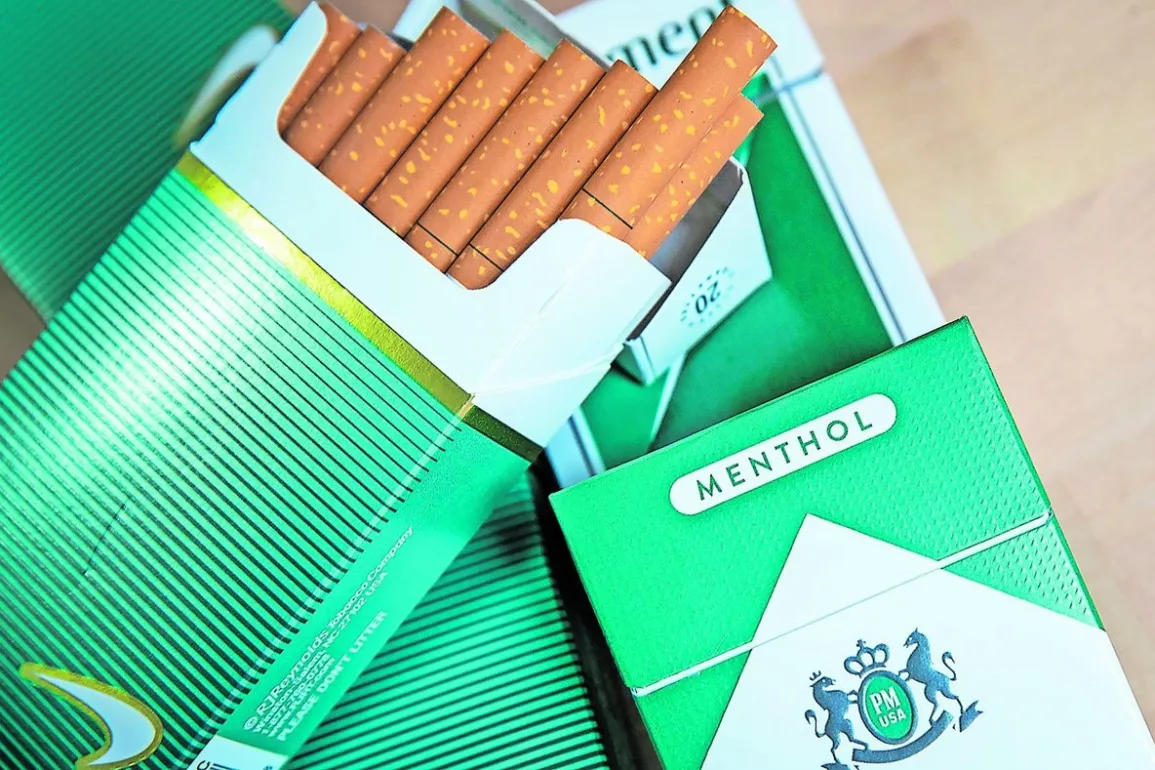
By (Ret.) Deputy Chief Wayne P. Harris
Evidence. It is, of course, at the heart of what law enforcement and our justice system is all about. Police cannot (or should not) arrest without cause. Courts cannot convict without proof.
Apparently, it seems public health officials do not operate at the same standard.
Despite evidence that indicates bans on flavored tobacco have not reduced the prevalence of smoking, and regardless of hard proof that prohibition does not stop people from smoking, drinking, or doing drugs — the 18th amendment, which banned alcohol, is the only amendment ever to be repealed. The U.S. Food and Drug Administration (FDA) is expected to finalize a rule to ban the sale of menthol cigarettes in September.
As a member of the law enforcement community, I hope FDA leaders will rethink this proposed policy. It could actually do more harm and no good.
With over 80 percent of Black smokers in Philadelphia utilizing menthol cigarettes, a statistic that is mirrored across the city’s suburbs, the Commonwealth of Pennsylvania, and the country, this policy can have severe ramifications for the city’s already egregious criminal justice problems and disparities.
According to a Pennsylvania District Attorney’s June Racial Injustice Report, between 2015 and 2022, Black defendants were charged disproportionately more in seven out of the eight most common criminal categories than their white counterparts. Despite Black Philadelphians comprising under 40 percent of the city’s population, they make up close to 70% of its police stops and over 60% of its arrests.
The FDA’s menthol cigarette ban would exacerbate these gaping disparities without providing any clear public health benefit. Several U.S. cities and states have already tried tobacco flavor bans, and they have not experienced good results.
A study published in JAMA Pediatrics even suggested a flavor ban in San Francisco actually increased smoking rates among high-schoolers when compared to other school districts throughout the country. When Massachusetts banned all flavored tobacco products in June 2020, smokers simply crossed state lines. From June to November 2020, Massachusetts’ cigarette excise tax stamp sales declined 24 percent, but sales in nearby Rhode Island and New Hampshire rose 18 and 29.7 percent, respectively. Nonmenthol cigarette sales also went up in Massachusetts. In fact, lawmakers there have already introduced a bill to repeal the menthol ban.
A National Bureau of Economic Research paper showed there was no net reduction in overall smoking when Canadian provinces banned menthol cigarettes.
The FDA is also ignoring that in 2020, the U.S. surgeon general concluded there is not enough evidence to claim a menthol cigarette ban would encourage people to quit smoking.
While the FDA’s ban would not result in a reduction of cigarette smoking in the United States, it would do significant harm by heightening the presence of police in communities where law enforcement is trying hard to rebuild trust.
According to the FDA, a menthol prohibition would be enforced by the U.S. Department of Health, but they have consistently ignored the resulting illegal markets that occur whenever prohibitions such as these are established. These illicit cigarette markets will bring unnecessary police and community interaction as law enforcement attempts to address the criminal behavior that will result. Gangs in the United States have begun selling illegal cigarettes in our city streets.
This is not speculation, and, as we know, these negative interactions can quickly escalate violently. Let’s not forget that Eric Garner was allegedly selling a single cigarette when he was killed by a police officer. Tragically, Garner’s story is not isolated. In California in 2020, a police officer used excessive force on a 14-year-old during a tobacco product investigation. In Maryland, police officers tackled, kicked, and tasered a teenager when enforcing a vaping ban on a boardwalk.
A 2021 letter co-signed by the American Civil Liberties Union, the National Association of Black in Criminal Justice, the National Association of Social Workers, and other groups concluded, “A menthol cigarette ban would disproportionately impact communities of color, result in criminalization of the market, and exacerbate mass incarceration. These civil liberties and civil rights groups also noted that it “risks creating large underground, illegal markets” and that it “is a policy disaster waiting to happen, with Black and other communities of color bearing the brunt.”
The FDA does not need to ban menthol cigarettes to reduce cigarette use. From providing smoking cessation counseling services to people who smoke, to supporting consumer education, to using therapeutic interventions and other methods that have been shown to be effective in reducing tobacco use, there are other policy solutions at its disposal that would prove far more effective. Here’s hoping that FDA officials follow the evidence and stop the proposed ban on menthol cigarettes before it’s too late. It’s the only way to protect the integrity, neutrality, and efficacy of America’s criminal justice system — and those are things that we cannot afford to throw away so carelessly.
Deputy Chief Wayne P. Harris (Ret.) is a member of the National Organization of Black Law Enforcement Executives’ (NOBLE) Executive Board, vice president of the Board of Directors for the M.K. Gandhi Institute for Nonviolence, and a nationally recognized expert on policing in America.


